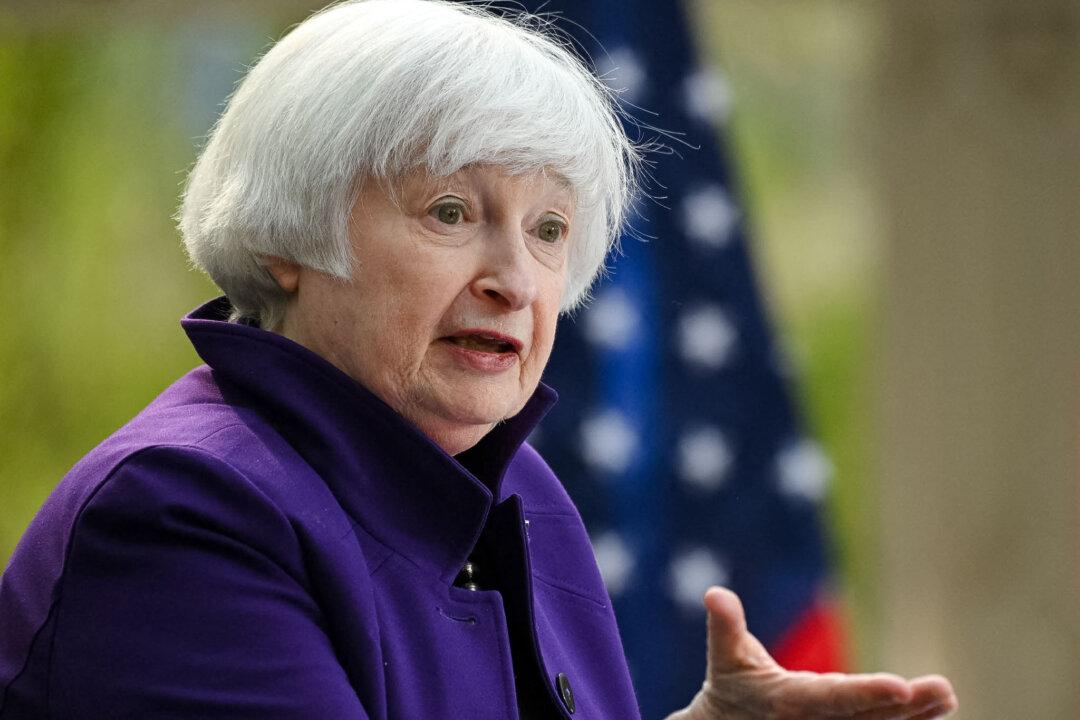Treasury Department and IRS officials released new draft rules on Sept. 12 that could raise taxes on profits generated by “around 100” of the largest corporations.
The Corporate Alternative Minimum Tax (CAMT), signed into law as part of the Inflation Reduction Act, would require companies to pay at least 15 percent of adjusted financial statement income (AFSI) for taxable years beginning after Dec. 31, 2022.





